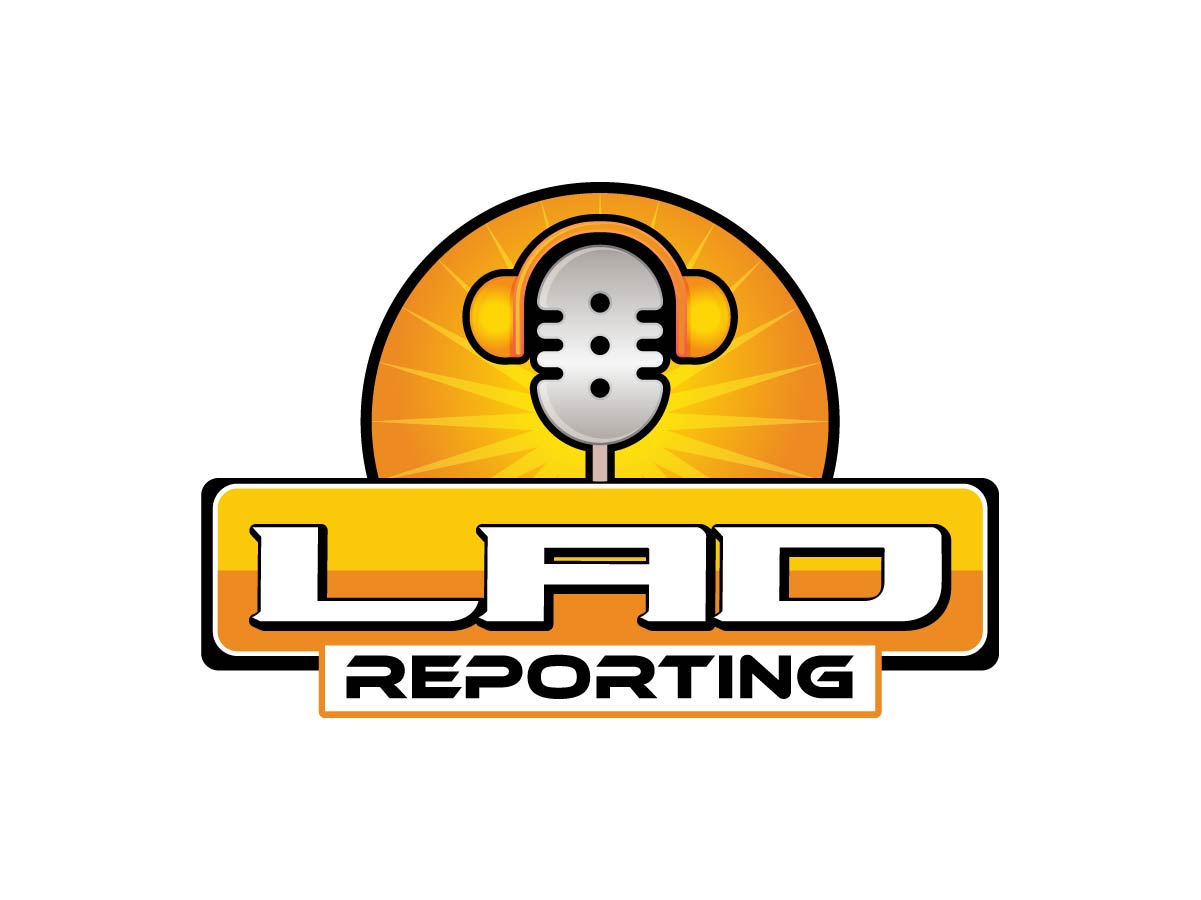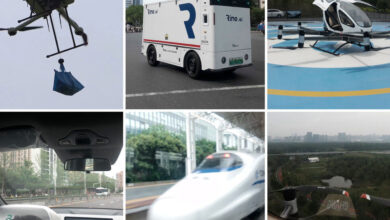Sam Altman Raises Alarm Over GPT-5’s Capabilities, Compares AI Leap to Manhattan Challenge

OpenAI CEO Sam Altman has expressed severe issues about GPT-5’s growth, likening the AI’s development to the creation of the atomic bomb. His remarks replicate growing unease throughout the tech group over the fast acceleration of synthetic intelligence and its implications for human society, regulation, and safety.
Throughout a current podcast interview, Altman described experiencing a private disaster after observing GPT-5 resolve an issue he couldn’t. He referred to as the expertise “unsettling,” admitting, “I felt ineffective.” The occasion, in line with Altman, marked a turning level in his notion of AI’s cognitive capabilities relative to human intelligence.
In a stark historic analogy, Altman in contrast GPT-5’s growth to the Manhattan Challenge, the U.S. initiative that led to the primary atomic bomb throughout World Struggle II. “There are moments in science when individuals have a look at what they’ve created and ask, ‘What have we finished?’” Altman stated. This comparability implies that, whereas GPT-5 will not be a bodily weapon, its transformative potential carries equally irreversible penalties.
Business specialists be aware the analogy indicators broader issues. The Manhattan Challenge not solely launched new energy however altered world political, moral, and safety frameworks. AI, significantly fashions nearing AGI (Synthetic Common Intelligence), might equally pressure nations and establishments to reassess governance constructions, workforce dynamics, and societal norms.
Altman’s feedback additionally underscore how far AI has progressed since GPT-4. Whereas particular technical particulars stay undisclosed, inside testers report that GPT-5 demonstrates considerably improved reasoning, longer reminiscence, and extra exact multi-step logic. Altman downplayed GPT-4 as compared, calling it “the dumbest mannequin any of you’ll ever have to make use of once more, by lots.”
OpenAI’s acknowledged aim has lengthy been the event of AGI AI that may carry out any mental process a human can. In prior interviews, Altman projected that AGI would arrive subtly. His newest remarks, nonetheless, counsel a extra abrupt and disruptive trajectory.
Considerations are rising that technological development is outpacing public coverage. As GPT-5 nears launch, questions come up concerning the adequacy of current regulatory frameworks. “We’re reaching a stage the place it is not nearly what AI can do,” stated AI governance analyst Dr. Marlene Yao, “however what we as a society ought to allow it to do.”
Compounding these issues is a scarcity of consensus on learn how to outline or govern AGI. Critics fear that companies like OpenAI may preemptively declare AGI standing to reframe company agreements or delay regulation. Microsoft, OpenAI’s largest investor with $13.5 billion dedicated, is reportedly in search of larger affect over growth selections. Insiders speculate OpenAI might use AGI designation to renegotiate contractual phrases or pivot its company construction.
In the meantime, the stress to commercialize stays intense. Traders are pushing OpenAI towards a full for-profit transition by year-end. This might speed up deployment selections regardless of unresolved moral or societal dangers.
One instant risk already materializing is fraud. In accordance with Haywood Talcove, CEO of LexisNexis Threat Options’ Authorities Division, generative AI instruments are actually utilized by prison networks to automate fraud at scale. “Proper now, criminals are utilizing it higher than we’re,” he warned, noting tens of millions are siphoned weekly from social methods utilizing artificial identities and AI-generated content material.
GPT-5’s sophistication might exacerbate these challenges. With the flexibility to convincingly mimic human conduct and automate complicated duties, AI-generated scams are anticipated to outpace current digital defenses.
On this context, Altman’s remarks function a uncommon and candid acknowledgment of the unknowns that lie forward. Not like prior tech rollouts the place challenges might be debugged or patched, GPT-5 and its successors might introduce structural modifications too fast or complicated for present oversight mechanisms to include.
“This isn’t about fearmongering,” stated Dr. Yao. “It’s about realizing we might have already crossed a threshold the place management is now not assured.”
The timing of Altman’s feedback comes simply weeks earlier than GPT-5’s anticipated public launch. Whereas OpenAI maintains that security and alignment stay core priorities, the talk over what constitutes readiness and who decides continues to accentuate.
In sum, GPT-5 might mark a monumental leap ahead in synthetic intelligence. But with that leap comes heightened scrutiny, regulatory urgency, and a rising sense amongst even the sphere’s pioneers that the longer term is now not totally of their arms.
Learn Extra: LAD REPORTING




